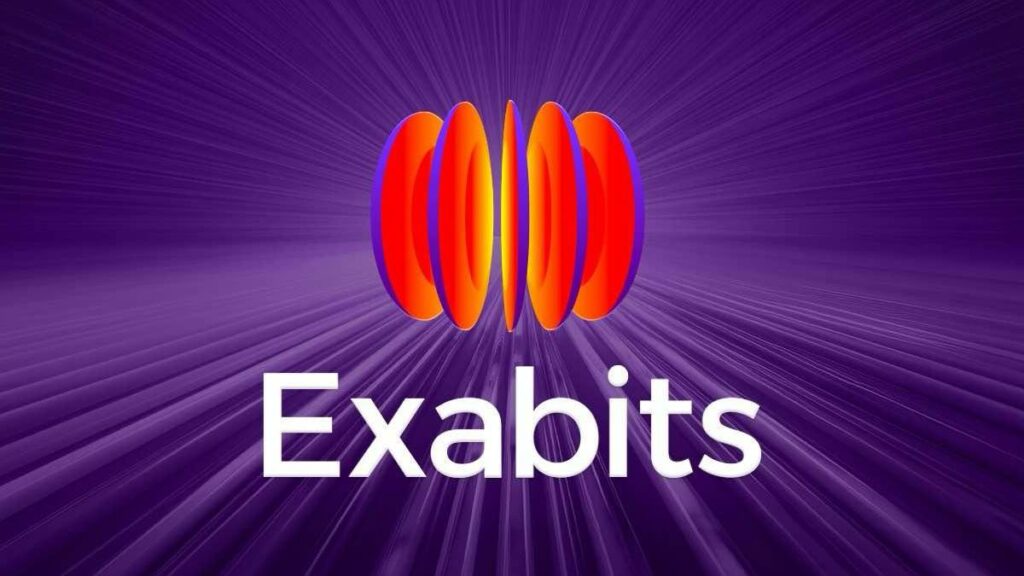TL;DR
- Exabits joins Lumerin and MNW Supply Chain to foster an AI agent economy through decentralized computing resources.
- The goal is to overcome current challenges in AI development and offer a new autonomous and efficient infrastructure.
- The AI market on blockchain is projected to reach $703 million by 2025, with an annual growth of 25.3%.
In a significant move towards the artificial intelligence (AI) revolution, Exabits has announced a strategic collaboration with open-source protocol Lumerin and MNW Supply Chain.
Together, they are driving the creation of an “AI agent economy” based on decentralized computing resources.
🚀 Decentralized AI Collaboration!@HelloLumerin, @MorpheusAIs, and @exa_bits are building a blockchain-based #AI agent economy to tackle AI development challenges.
Thanks to @Cointelegraph and @apaulapr for the report!https://t.co/4b2wKF4MzU
— Lumerin Protocol (@HelloLumerin) August 2, 2024
This effort seeks to address current challenges facing AI development, such as lack of transparency, model rigidity, and limited access to data, through the use of blockchain technologies.
The new approach promises a transformation in the way AI agents operate within Web2 and Web3 ecosystems.
With Exabits providing the foundation infrastructure for decentralized computing, and Lumerin managing the data flow and offering the core node software, this collaboration has the potential to redefine interaction with financial and technology services.
Morpheus, another key partner, will facilitate the connection between users and AI resources, thus completing the ecosystem necessary for this agent economy to function optimally.
The initiative comes at a crucial time as the AI market on blockchain is rapidly expanding.
Projections indicate that this sector will reach $703 million by 2025, with an impressive compound annual growth rate of 25.3%.
This growth is driven by the need to overcome the problems inherent in centralized AI models, which can be subject to bias and risk of censorship.
Decentralized AI promises to offer greater privacy and control over data, a significant advantage in a world where data protection is increasingly crucial.
The Future of Decentralized AI
As decentralized AI technology advances, expectations of how it could impact our daily lives become more concrete.
Integrating these technologies into financial and technology services could make complex operations, such as token trading and management, as simple as interacting with virtual assistants.
The vision is that these autonomous agents can efficiently execute tasks across different ecosystems, offering users a more fluid and accessible experience.
However, despite the promising prospects, the path to full implementation of these technologies is not without challenges.
Difficulties in coordination and cohesion in decentralized software development, coupled with the need for specialized talent, remain significant obstacles.
The collaboration between Exabits, Lumerin and MNW Supply Chain is a crucial step towards overcoming these challenges and moving towards an era where decentralized AI plays a central role in the global economy.
The collaboration between these protocols marks a significant advancement in the field of AI.
With an emerging decentralized infrastructure, the future promises to be more dynamic and innovative, enabling an evolution in the way we interact with technology and financial services.
This initiative not only represents a technological advance, but also a change in the way we think about autonomy and control in the digital world.











